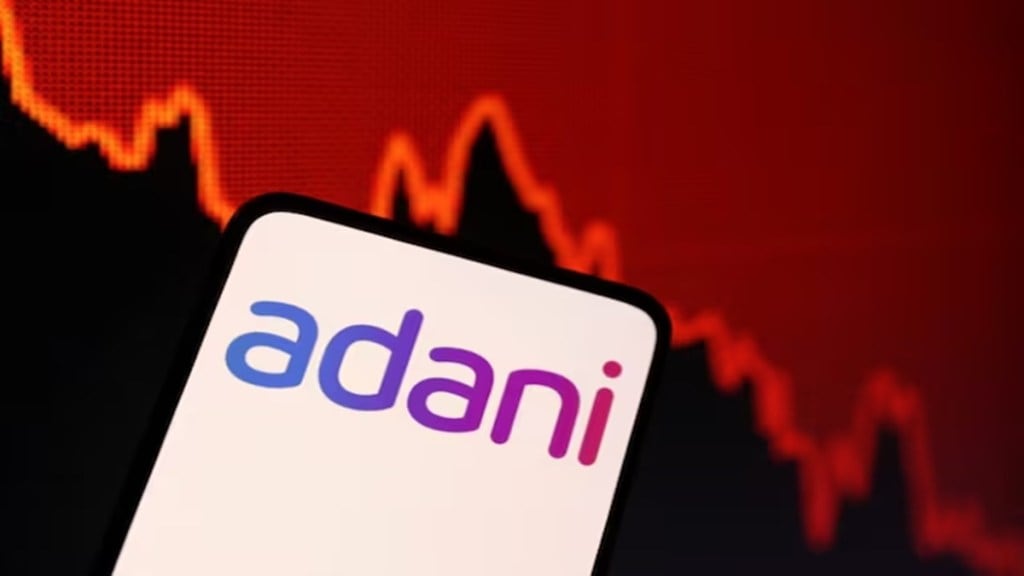By Pawan Kumar
In January 2023, when Hindenburg Research published its scathing report on the Adani Group, the impact was instant. Markets crashed, billions in value were lost, and a major public offering was scrapped. For a moment, it looked like Gautam Adani—one of the richest people in the world—might fall.
But what the public didn’t see was the quiet storm building behind the scenes.
This wasn’t just a business report. It came just days before Adani was set to finalise a $1.2 billion deal to buy Haifa Port in Israel—a key transaction for both countries with deep strategic and geopolitical value. The deal had passed strict security clearances and marked a new phase in India-Israel cooperation, especially in the face of growing Chinese influence.
As the report shook headlines, a private conversation took place in a modest room at the Haifa port. One of Israel’s top leaders leaned in and offered a subtle but serious message: “We protect our friends.”
Soon after, a quiet investigation began. No names were announced, but former intelligence insiders and high-level officials working in infrastructure began connecting the dots. What they found was a complex web: activist lawyers, journalists, hedge funds, and political figures—some allegedly connected to Chinese interests, others to Washington power brokers. Even a key face from India’s opposition political dynasty was reportedly involved.
Adani didn’t react with noise—he responded with strategy.
In Ahmedabad, he set up a high-tech control room with cyber experts and analysts. His legal teams worked across international capitals. In Switzerland, he received a full briefing on what was described as a financial and information war against him.
By late 2024, more information surfaced. Documents and leaks revealed links between US agencies and media platforms that were pushing anti-Adani narratives. Some newsrooms chose silence. Others quietly buried the story. A few went ahead and published.
By early 2025, the tide had turned. Political support for the anti-Adani push faded with a new US administration. Quiet negotiations followed. In January, Hindenburg Research announced it was shutting down. The statement called it a “strategic pivot,” but insiders knew it was the end of the road.
Operation Zeppelin, as some call it now, wasn’t just a corporate response. It was a masterclass in modern-day counteroffensive, where business, diplomacy, and cyber strategy come together.
Gautam Adani didn’t just defend his empire—he changed the way such battles will be fought. For those who think financial warfare is without consequence, his story is a warning: if you aim for a giant, you better be ready for what happens when the giant strikes back.
(The writer is a senior journalist)
Disclaimer: Views expressed are personal and do not reflect the official position or policy of FinancialExpress.com. Reproducing this content without permission is prohibited.
